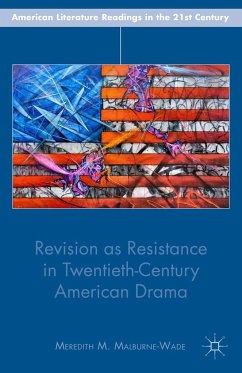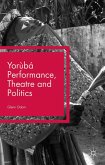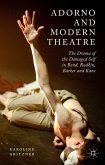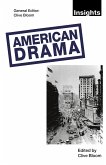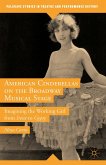American dramas consciously rewrite the past as a means of determined criticism and intentional resistance. While modern criticism often sees the act of revision as derivative, Malburne-Wade uses Victor Turner's concept of the social drama and the concept of the liminal to argue for a more complicated view of revision.
"In Revision as Resistance in Twentieth-Century American Drama, Malburne-Wade extends Harold Bloom's notions of 'anxiety' and 'misreading' in relation to intertextuality. But she also steps away from the Bloomian psychology to lay bare the moral dimensions of the 'bleed' and 'discomfort' involved in consciously revisiting and revising earlier texts, historical or literary. In reading six plays together - three each by white American and African American writers - Malburne-Wade deftly situates American drama in the mid-twentieth century as a persistent reminder of the repetitive nature of history, particularly when, as a whole, we fail to learn from our errors or to advance our democracy in responding to modern issues such as slavery and racism, McCarthyism, and colonialism." - Amritjit Singh, Langston Hughes Professor, English, Ohio University, USA
"Malburne-Wade's book unpacks layers of historical and literary renderings of the past to reveal the significance of political statements being made in each author's present as well as our own. By explicating the ways in which writers like Arthur Miller, William Carlos Williams, and Lorraine Hansberry make particular and situated sociopolitical critiques in their art, and, just as importantly, by showing the ways in which these critiques can be deeply a part of the human condition - a past that is not past - without falling into the sort of false universalism that levels difference, Malburne-Wade helps to show a way forward for students of political theatre." - Ashley Lucas, Associate Professor, Theatre and Drama, University of Michigan, USA
"Malburne-Wade's book unpacks layers of historical and literary renderings of the past to reveal the significance of political statements being made in each author's present as well as our own. By explicating the ways in which writers like Arthur Miller, William Carlos Williams, and Lorraine Hansberry make particular and situated sociopolitical critiques in their art, and, just as importantly, by showing the ways in which these critiques can be deeply a part of the human condition - a past that is not past - without falling into the sort of false universalism that levels difference, Malburne-Wade helps to show a way forward for students of political theatre." - Ashley Lucas, Associate Professor, Theatre and Drama, University of Michigan, USA

